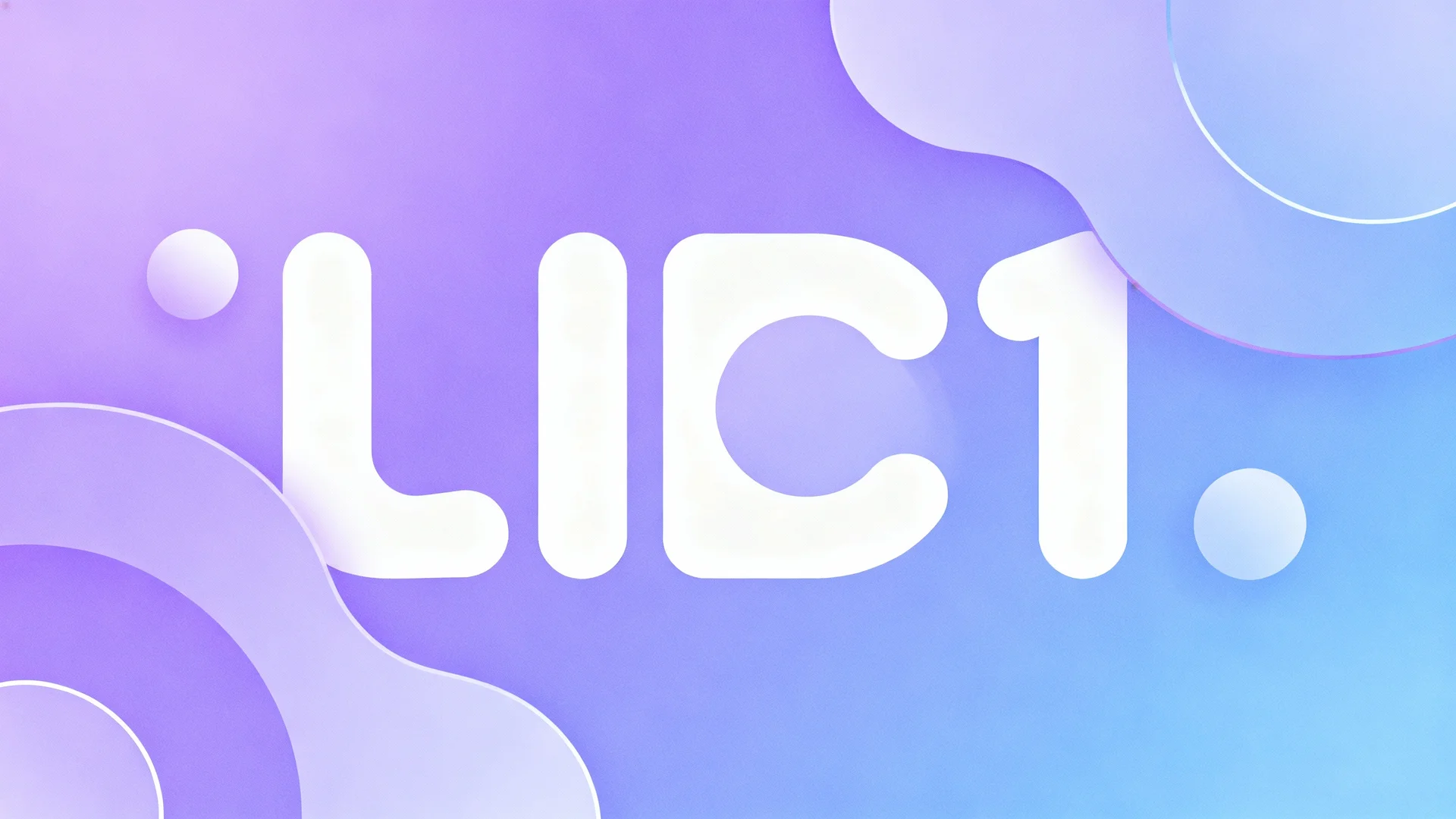
Loading...
Checking authentication...
Practice your pronunciation with interactive games and challenges.
Start PlayingUtrecht’s history dates back to Roman times, and its name has carried a profound significance ever since. Originally established as a strategic military outpost, Utrecht quickly grew into a bustling center of trade and governance. As the centuries passed, the city became a focal point of religious reformation and intellectual discussions. This evolution highlights a fascinating transformation: from a modest settlement to a vital hub of medieval commerce and cultural exchange.
Did you know? In the 8th century, Utrecht was already a well-known center for Christian scholarship, where monks recorded and preserved essential historical texts, helping to shape Europe’s religious and intellectual landscape.
In the medieval era, Utrecht was not only a seat of ecclesiastical power but also a melting pot where diverse cultures blended together. Its architecture, with iconic domed towers and intricate canals, stands as a testament to centuries of artistic and structural innovation. The city’s transformation through turbulent periods-such as the Protestant Reformation and subsequent political restructurings-marked a turning point in its destiny, ensuring that Utrecht remained resilient and adaptive.
This dynamic evolution can be studied as a case of historical linguistic shifts. Early inscriptions and documents refer to the city in forms that gradually morphed into the modern “Utrecht.” Each transformation reflects changes in regional dialects, trade interactions, and the influence of powerful ruling families across Europe.
Utrecht’s unique cultural footprint extends beyond its physical landmarks. Its name carries a multi-layered narrative interwoven with art, literature, and even folk traditions. Local legends and epics often reference the city as a beacon of enlightenment-making its name synonymous with the pursuit of knowledge and resilience. Scholars have traced this evolution through detailed linguistic studies, revealing that the term “Utrecht” is not just a label for a place but also a symbol of cultural cohesion and historical depth.
Expert historians note that the repeated transformations of Utrecht’s name mirror the broader changes in European society. Changes in pronunciation and spelling reflect influences from Latin, Germanic, and local dialects, illustrating how a city adapts to and shapes the language of its people.
To master the pronunciation of this storied name and fully appreciate its impact, language enthusiasts can benefit from modern resources. For example, Explore the Utrecht Pronunciation Guide to ensure you say it the way local experts do.
When comparing Utrecht with other historic cities, several intriguing parallels arise. Much like Paris or Rome, Utrecht has a layered identity-a blend of its past and present. However, where Paris is celebrated for its modern influence in fashion and art, Utrecht remains a bulwark of historical narratives and academic discourse.
For those intrigued by auditory learning, our Utrecht Video Pronunciation Guide offers a fascinating, interactive way to connect with the city's linguistic legacy.
Utrecht’s historical evolution teaches important lessons about adaptation, resilience, and the enduring impact of cultural exchange. Modern urban planners, educators, and language enthusiasts can draw inspiration from how Utrecht has maintained its identity while evolving continuously over centuries. By understanding the layers of Utrecht’s past, one gains appreciation for how historical narratives inform present-day traditions, societal values, and even language learning practices.
Expert Insight: Scholars emphasize that by studying a city’s historical evolution, language learners can improve their understanding of etymological roots and appreciate the depth behind everyday words and names. Utrecht serves as a perfect example-a name carrying echoes of the past that still influence modern patterns.
Whether you’re a language learner striving to master pronunciation or a cultural enthusiast captivated by European history, exploring Utrecht offers more than geographic knowledge-it provides a window into the evolution of language and society. Imagine practicing pronunciation with real historical context at your fingertips, turning every utterance into a mini lesson in resilience and transformation.
In your conversations, using Utrecht with an informed perspective can spark engaging discussions about the power of language to encapsulate historical triumphs, cultural fusions, and even political changes. This makes it not just a word to say but a story to share.
Practice Scenario: Next time you meet someone from a diverse linguistic background, bring up Utrecht as an example of how a name can evolve over time. Explain its origins, how different cultural and political eras have shaped it, and then demonstrate its correct pronunciation using the resources mentioned above.
The story of Utrecht is far from over. As we continue to witness the influence of historical narratives on modern society, let this ancient city inspire you to explore not only language but also the broader spectrum of cultural evolution. What other words or place names do you think hold hidden histories waiting to be uncovered? Engage with the rich tapestry of Utrecht’s past, and bring that depth into your own learning journey.
So why not dive a little deeper? Whether you’re brushing up on pronunciation with our interactive guides or exploring historical texts on Utrecht’s transformative eras, the invitation is open. Share what you’ve learned, join discussions, and let this exploration transform not only the way you speak but also the stories you tell.